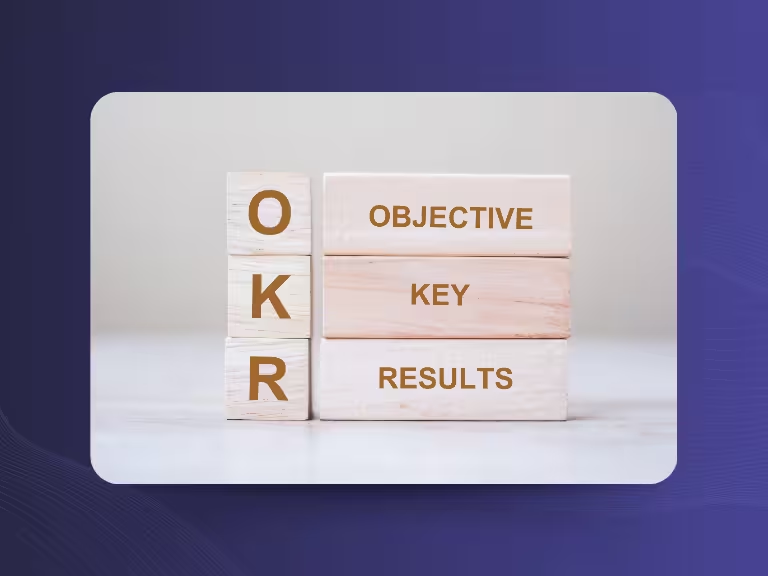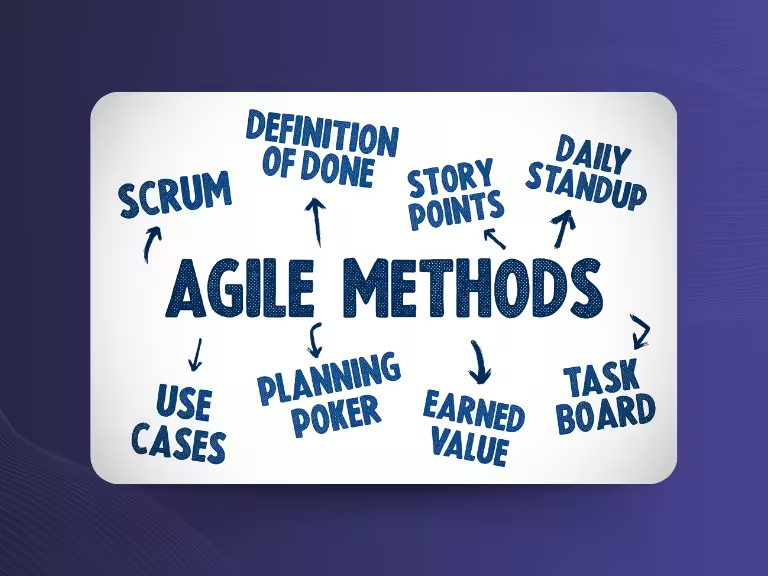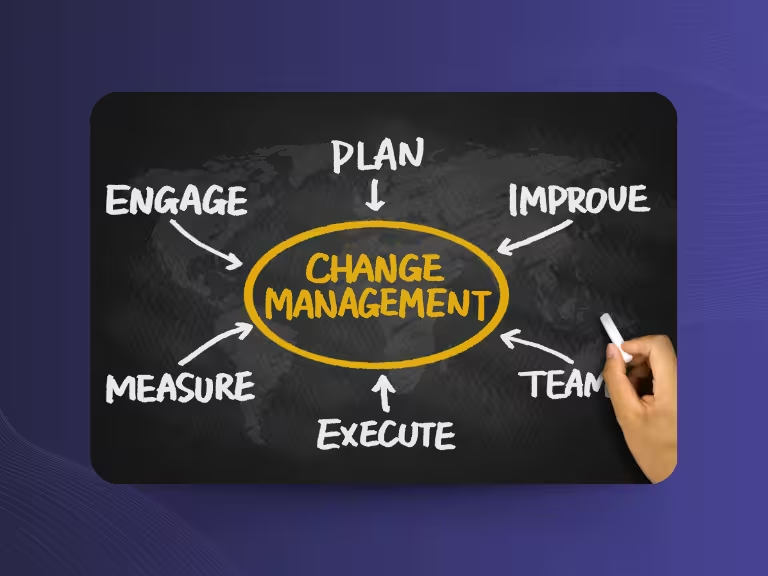Online meetings have become a cornerstone of modern work life, and Microsoft Teams is one of the most widely used platforms. But how can you efficiently record a Teams meeting while staying GDPR-compliant? How do you generate a transcription, and where are recordings stored?
This guide answers your key questions and shows how to streamline your meeting management with security and efficiency.
Why Record a Teams Meeting?
Human attention has its limits, especially during lengthy meetings. Recordings help capture every detail and make vital information available on demand. They’re also invaluable for colleagues who couldn’t attend.
Benefits of Recording Teams Meetings
- Traceability
Document all decisions and discussions for future reference. - Flexibility
Give absent team members the chance to catch up. - Training resource
Use recordings as onboarding or training material.
Recording ensures that everyone stays informed—clearly, efficiently, and in an organized manner.
Step-by-Step: How to Record a Teams Meeting
Microsoft Teams makes it easy to record meetings. Here's how:
1. Start the meeting: Launch your session in Teams.
2. Enable recording: Click the three-dot menu and select “Start Recording.”
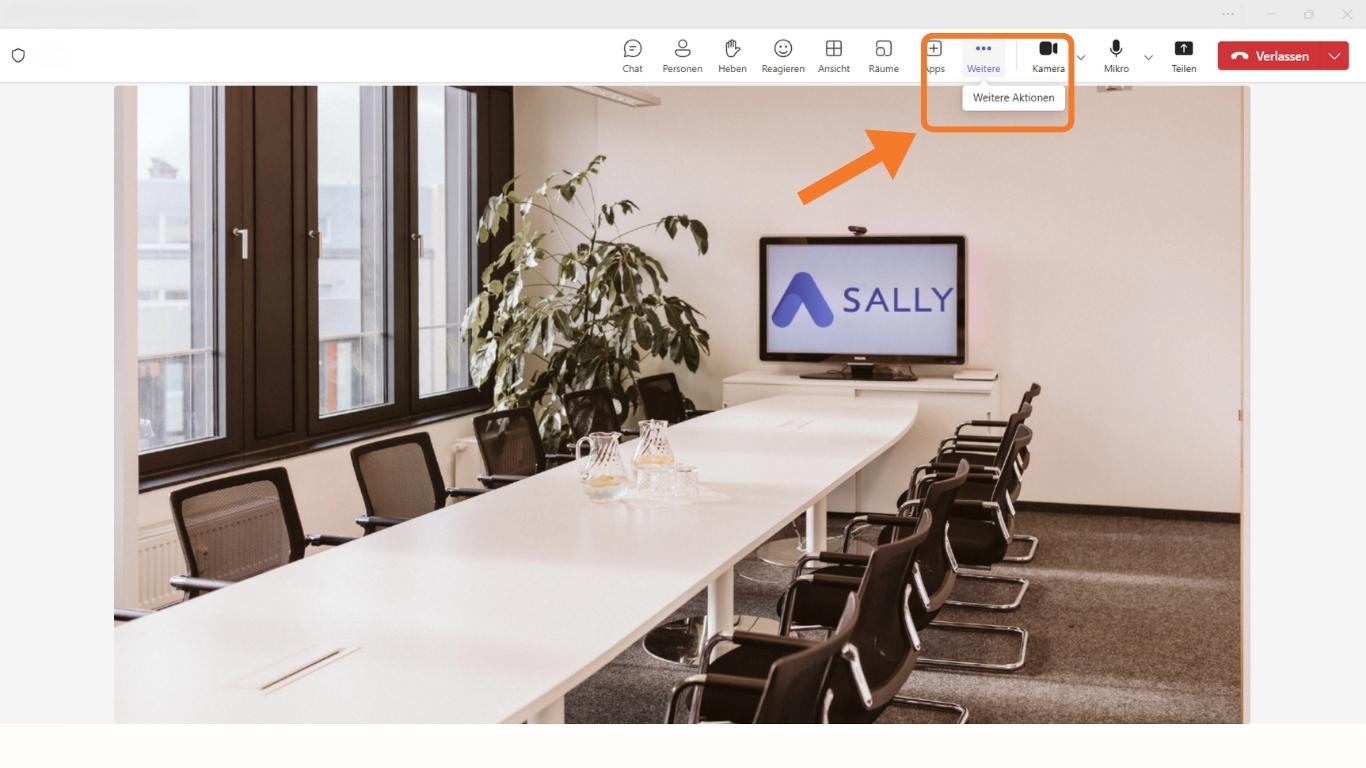
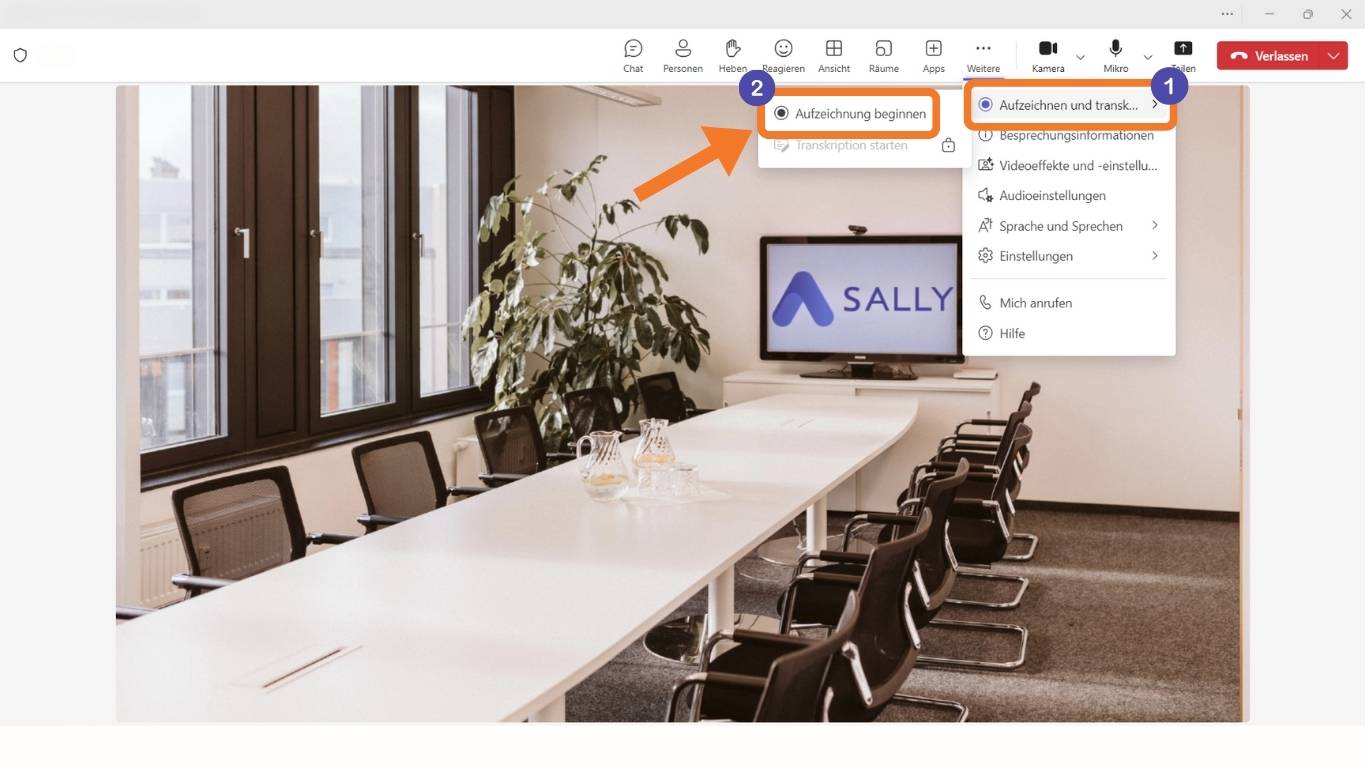
3. Inform participants: Always let attendees know the meeting is being recorded and ensure they agree.
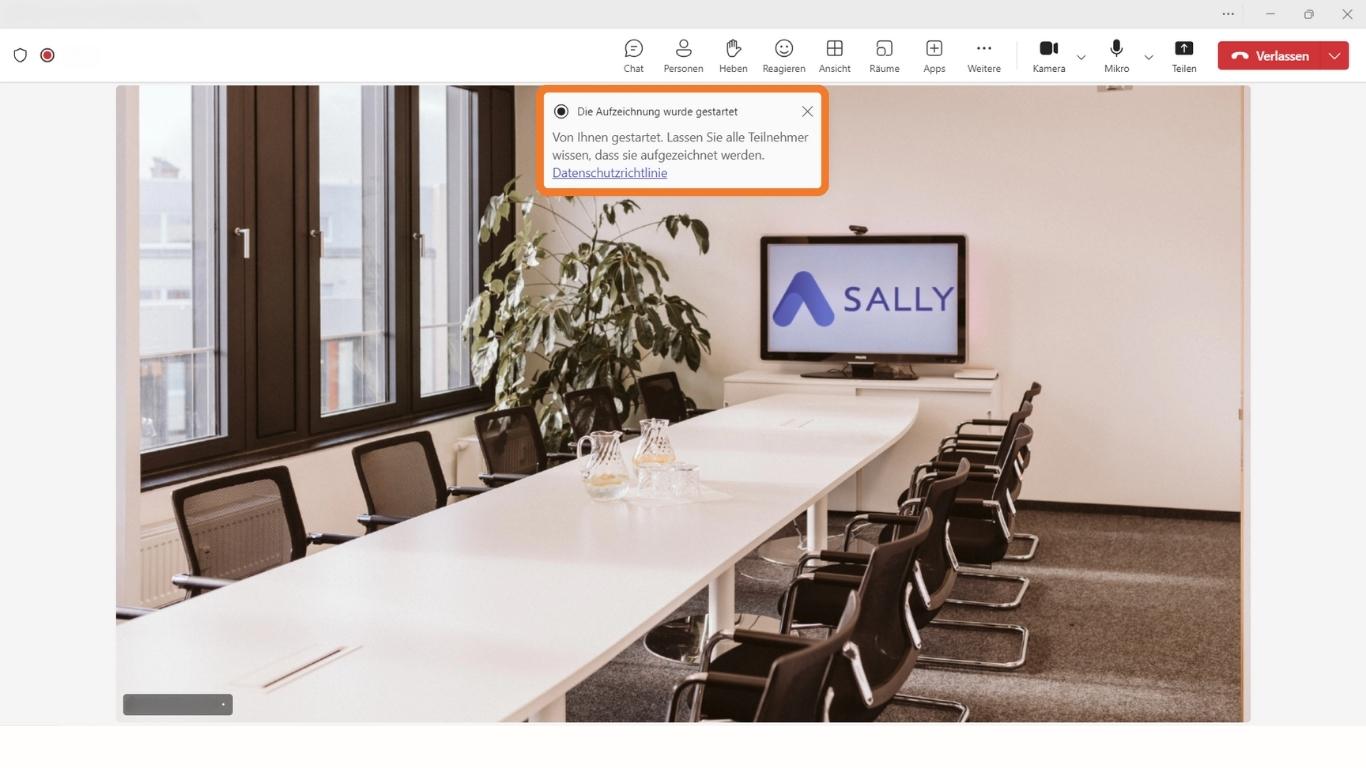
4. Stop recording: End the recording when the meeting concludes.
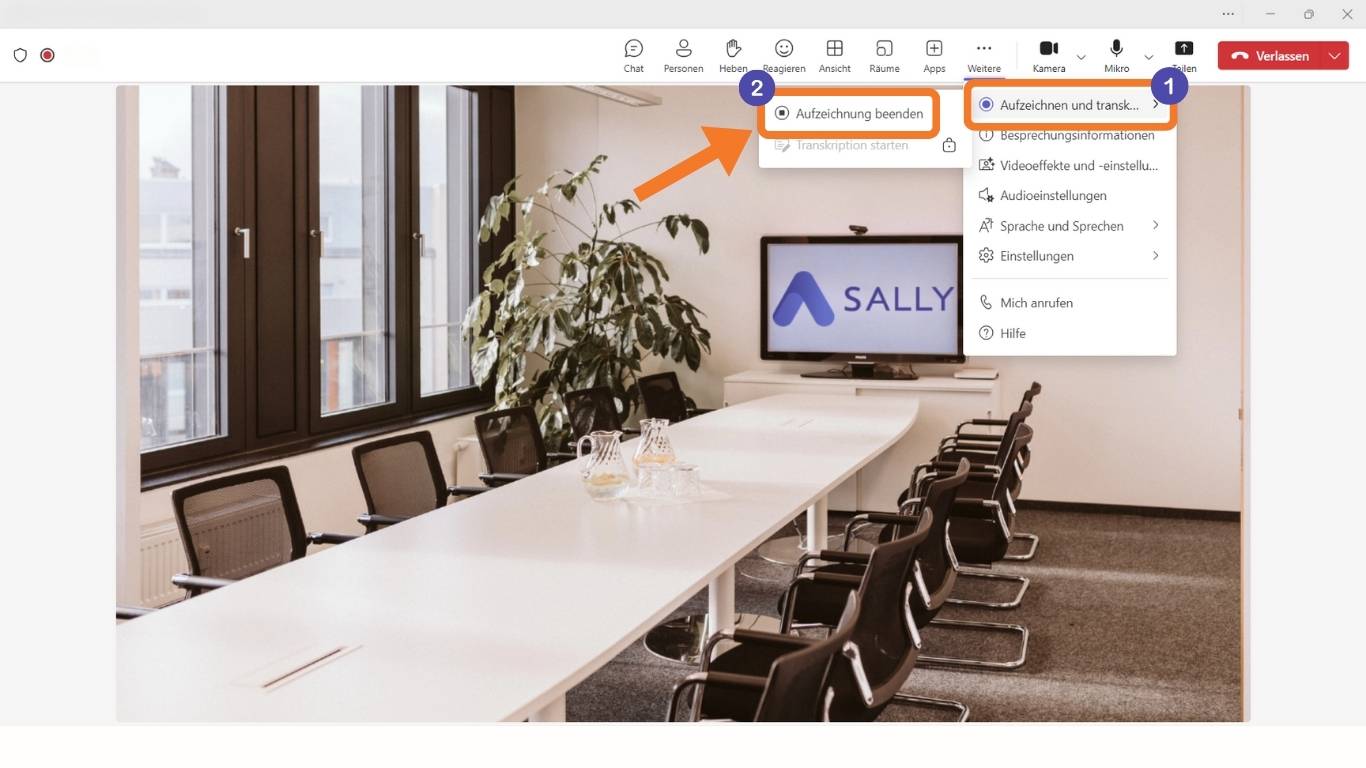
Where Are Teams Recordings Stored?
The storage location depends on your organization’s setup and permissions:
- Microsoft Stream: Ideal for centrally managed recordings.
- OneDrive/SharePoint: Flexible options for individual access and team sharing.
You can manage, download, and share recordings easily while remaining GDPR-compliant.
Data Protection: Recording Teams Meetings Under GDPR
Meeting recordings must align with GDPR guidelines. Keep the following in mind:
- Obtain consent: Notify all participants and get clear approval.
- Be transparent: State the purpose and usage of the recording.
- Set retention limits: Delete recordings when they are no longer necessary.
- Control access: Restrict availability to authorized individuals only.
These rules apply equally if you're using Zoom or another video platform.
How to Transcribe a Teams Meeting
Transcription is a smart addition to any recording. It lets you quickly locate key content and simplifies meeting documentation.
Microsoft Teams includes a live transcription feature that can be activated during the meeting. Afterward, you can search by keyword to find exactly what you need.
Benefits of Transcription
- Efficiency
Eliminates the need for manual note-taking. - Quick search
Locate specific discussion points in seconds. - Ready-made logs
Speed up post-meeting processing and summaries.
Use AI Tools for Smarter Transcription
Sometimes the built-in features of Teams or Zoom aren’t enough. That’s where specialized tools like Sally come in, offering enhanced functionality:
- Automatic summaries: Get key takeaways without rewatching.
- Task management: Automatically log to-dos discussed in the meeting.
- Integration: Export outcomes directly to your CRM or project tools.
- Full GDPR compliance: Sally ensures your data is safe and secure.
Tip: Check out our curated list of the best AI transcription tools.
Conclusion: Record Microsoft Teams Meetings the Smart, GDPR-Compliant Way
Recording and transcribing a Microsoft Teams meeting is simpler than you might think. By following GDPR requirements and using advanced tools like Sally AI, you can save time, improve workflow, and ensure no valuable information gets lost.
Make your meetings smarter, safer, and more productive, starting today.

Test Meeting Transcription now!
We'll help you set everything up - just contact us via the form.
Test NowOr: Arrange a Demo Appointment.jpg)

